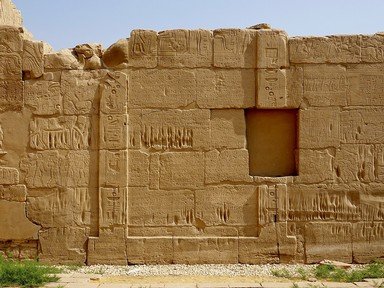
A Time of Peace Trivia Quiz
The Eternal Treaty
In the ancient world, fighting over the right to land, power, or resources was a way of life to many. Come along with me and to learn about what was transpiring between two warring nations in the 13th-century BC Middle East.
by ponycargirl.
Estimated time: 3 mins.